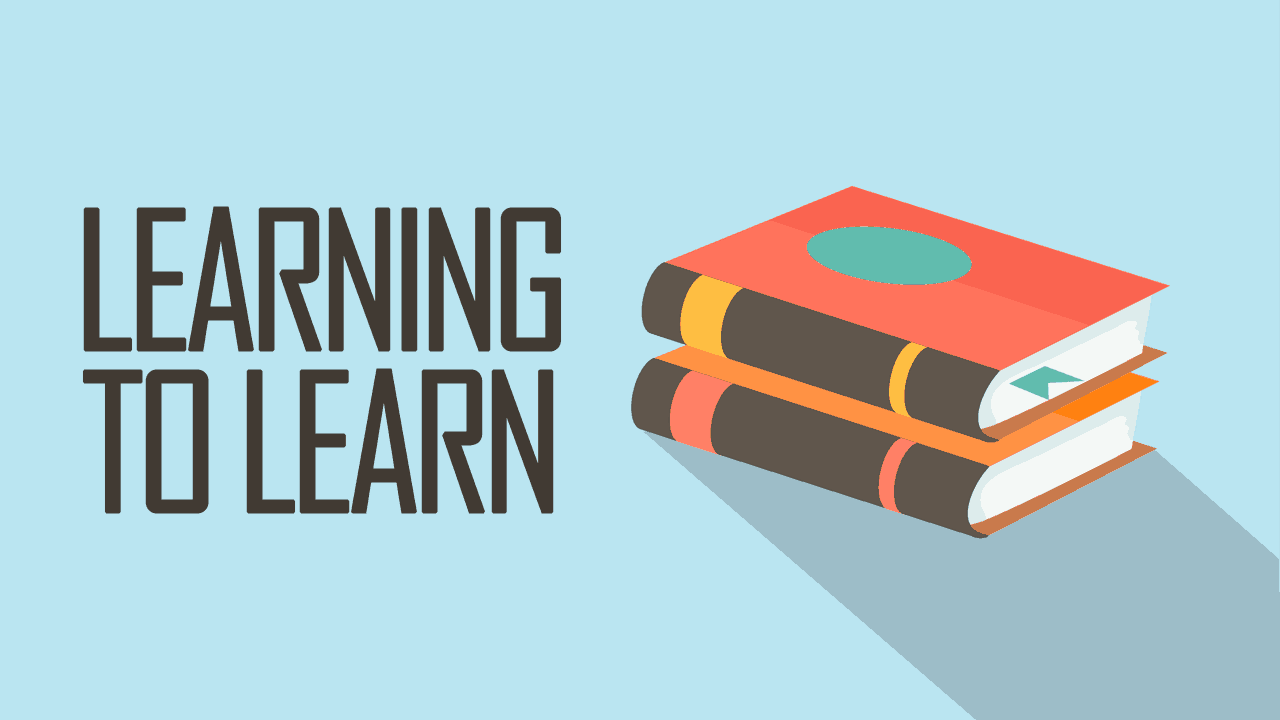Learning to learn
Hi, readers!
How’s life?
I hope all of you feel good and happy.
Today we will talk about Learning to learn.
'Learning to learn' is the ability to pursue and persist in learning, to organise one's own learning,
including through effective management of time and information, both individually and in groups.
When students can direct their learning and know how they learn best, they can also better
navigate the wide range of available choices in school and beyond. Learning to learn is
particularly important when teachers are no longer a main source of information and
knowledge.
‘Learning to learn’ is often used as a magic formula to meet the increasing informational
demands of society and technology. Although ‘learning to learn’ should be an important
part of daily life in secondary schools and classrooms, it turns out to be a very difficult
goal to achieve. For most schools and for most teachers it is not even clear how ‘learning
to learn’ should be operationalised and implemented. Teachers use the concept in many
different meanings and define the concept in individual and idiosyncratic ways
‘Learning to learn’ is an important educational goal. Despite this consensus, it is not clear how
‘learning to learn’ is or should be implemented. Actually, teachers are using ‘learning to learn’ in
many different meanings and it is being implemented in many different variations. According to
Hounsell (Higher Education 8 (1979) 453), two groups have been distinguished: a group of
teachers having a broad vision about ‘learning to learn’ and a group of teachers with a narrow
vision. These two groups are described in terms of their functions, task conception, conception
of the learning process and the students and their instructional approach. Teachers learn how
to teach students and the teacher learns about what will be taught. So, It’s important.
Nowadays, the educational community agrees that ‘learning to learn’ cannot be taught in a
separate course but has to be embedded in regular courses. As a consequence, individual
teachers should pay attention to ‘learning to learn’ in their courses and teach how the
particular subject matter has to be studied (Elshout-Mohr, 1992; Ramsden et al., 1986;
Weinstein, 1994). The advantage is that students can practice with the regular subject
material, which guarantees to some extent the occurrence of transfer.
I think that’s all for today. Thank you for visiting my blog.
See you!
Stay safe and stay healthy!
References:
https://encrypted-tbn0.gstatic.com/images?q=tbn:ANd9GcSPOpn_pfDZA-suB3v-cdMRZ__qzoDaG3iTdA&usqp=CAU
https://encrypted-tbn0.gstatic.com/images?q=tbn:ANd9GcR7h8TzAMNlEWmmr3cSWPexjjOqHuMy-z6ozg&usqp=CAU
https://simpleprogrammer.com/wp-content/uploads/2012/09/Learning-To-Learn.png



Comments
Post a Comment